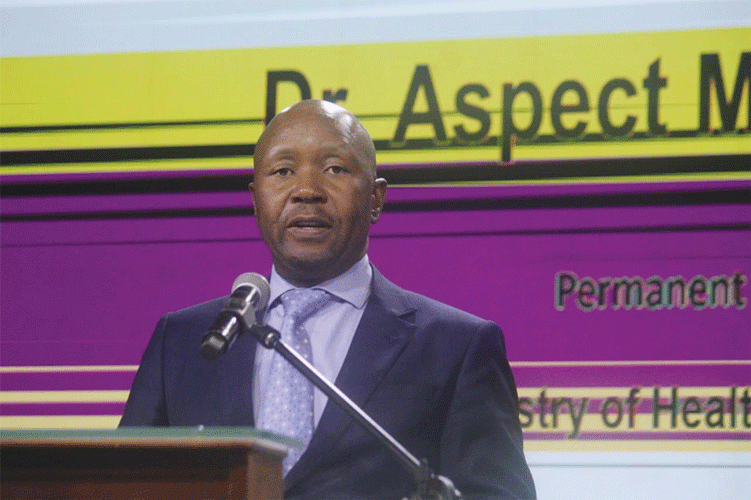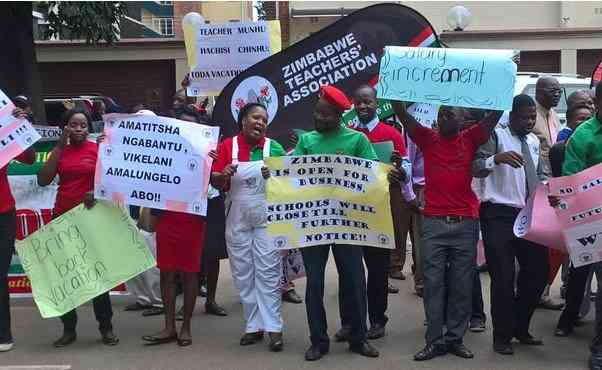CHITUNGWIZA residents said they were battling a myriad of service delivery challenges, which include uncollected garbage, erratic water supplies, burst sewers, and have given up hope of getting normal services from the local authority.
BY PHYLLIS MBANJE
The residents said they were concerned about the lukewarm response in attending to sewer bursts, with some families going for more than a month without their burst sewers fixed.
In separate interviews, the residents said the local authority was not attending to their concerns and many homes were littered with waste.
“We battled with cholera in Glen View recently and the conditions prior to that outbreak are exactly what is prevailing in most parts of Chitungwiza,” a resident, who requested anonymity, said.
“Council said they had no gloves to attend to the sewers. Some families have gone for weeks without their burst sewer fixed. It is not good, particularly with children around,” Mathews Gwata, who lives in St Mary’s, said.
Keep Reading
- Chamisa under fire over US$120K donation
- Mavhunga puts DeMbare into Chibuku quarterfinals
- Pension funds bet on Cabora Bassa oilfields
- Councils defy govt fire tender directive
NewsDay last week witnessed raw sewage flowing on the streets as well as uncollected garbage dumped in open spaces. Diapers and used sanitary pads littered roads, posing a serious health concern.
Some parts of Zengeza 5 have gone for weeks without garbage collection. Residents are now dumping their rubbish in skip bins at shopping centres or at illegal sites.
Council spokesperson Lovemore Meya said the issue of service delivery was taking a nosedive due to fuel challenges.
“Of late, we could not be in a position to collect refuse regularly, since fuel has been a nationwide issue,” he said.
“The fuel challenge has impacted negatively on all service delivery issues, including attending to sewer bursts.”
“We are also working on other modalities to secure fuel.”
Commenting on the gloves issue, Meya said they were working on it since the last stock they got had been used up.
On the provision of water, he said they got their portion from Harare and so they only rationed it based on levels of supply.
The last cholera outbreak, which emanated in Glen View resulted in deaths of more than 50 people and hundreds more infected. Government and stakeholders responded by launching a cholera vaccination campaign, targeting 1,4 million people in high risk areas.
Cholera is an infectious disease that causes severe watery diarrhoea, which can lead to dehydration and even death if untreated.
It is caused by eating food or drinking water contaminated with a bacterium called vibrio cholera. This disease thrives where there is a lack of clean water, inadequate sanitation, poor hygiene and overcrowding.





